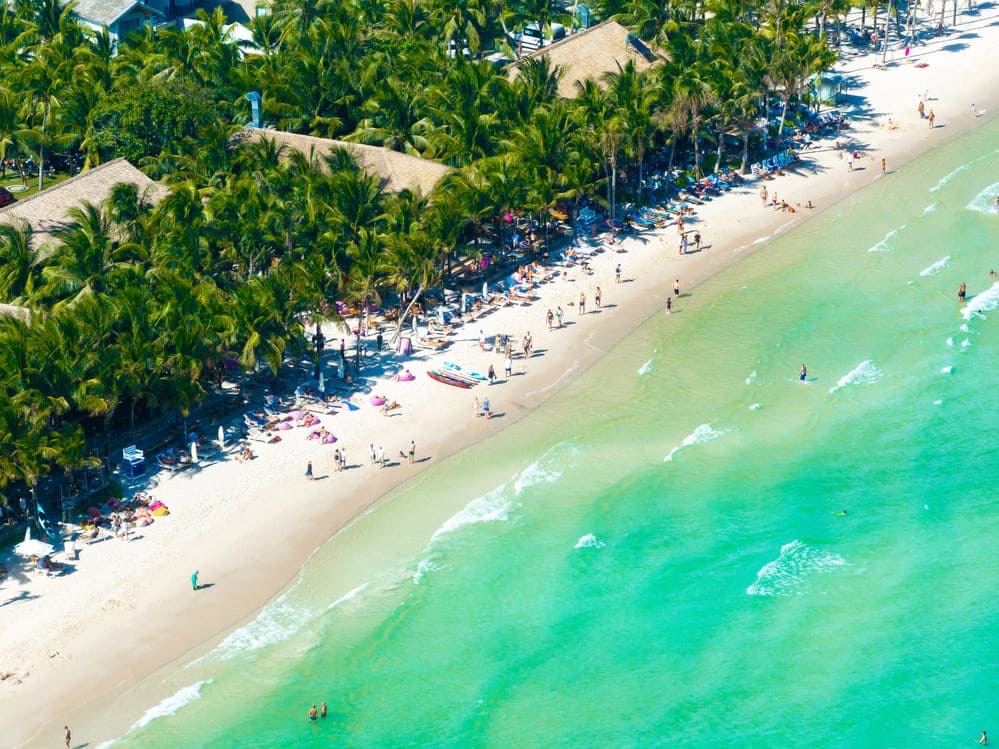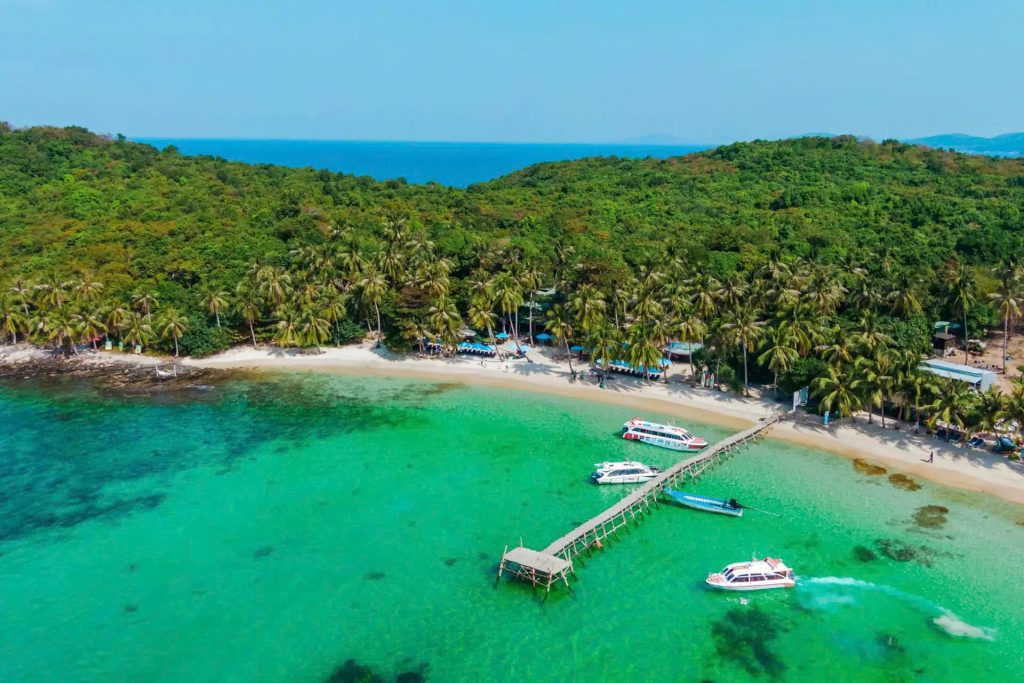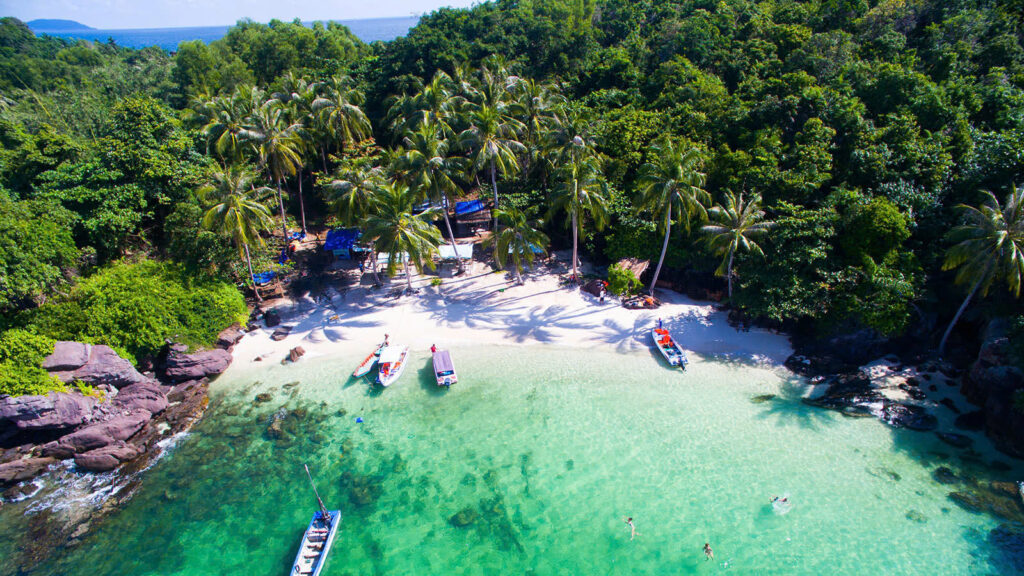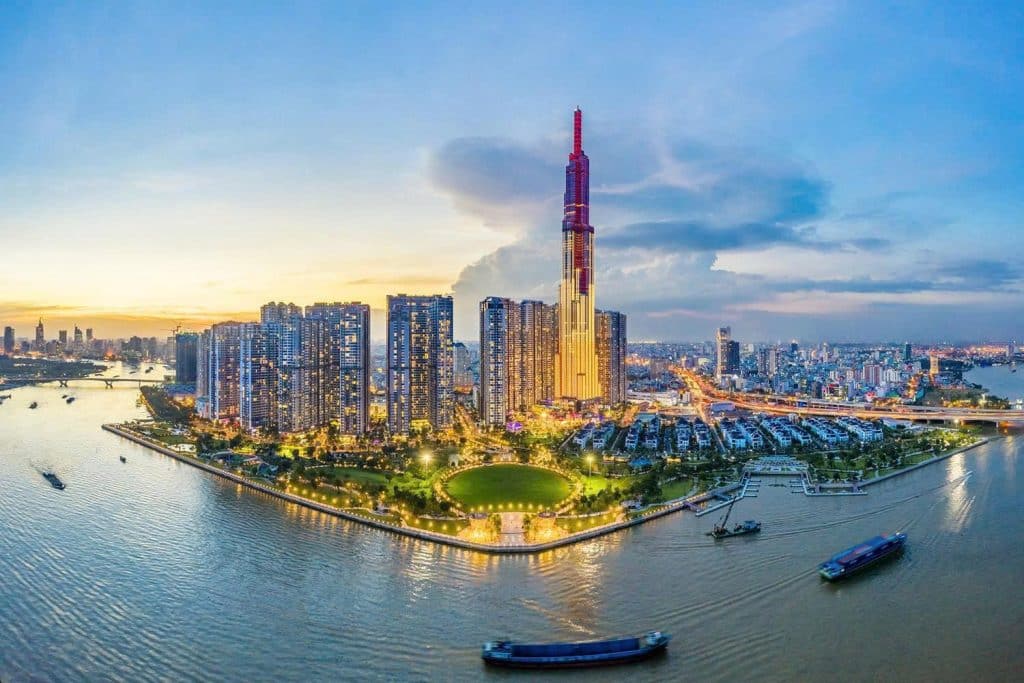Welcome, digital nomads! Vietnam continues to captivate remote workers with its vibrant culture, stunning landscapes, and incredibly affordable living. “Does Vietnam offer a dedicated digital nomad visa?” This comprehensive guide will cut through the noise, providing you with the most up-to-date information, viable visa solutions, and crucial insights to make your remote work dream in Vietnam a reality.
The Allure of Vietnam for Digital Nomads
Vietnam has firmly established itself as a top destination for the global digital nomad community. Its magnetic appeal in 2026 stems from several key factors:

- Unbeatable Cost of Living
- Exceptional value for money on accommodation, food, and transportation, especially compared to Western countries.
- From budget-friendly street food to comfortable apartments, your money stretches further here.
- Rich Culture & Diverse Landscapes
- Explore ancient temples, bustling metropolises like Ho Chi Minh City and Hanoi, and serene natural wonders from the Mekong Delta to Ha Long Bay.
- A truly immersive cultural experience awaits.
- Booming Digital Nomad Hubs
- Cities like Da Nang, Hanoi, and Ho Chi Minh City boast thriving expat communities, abundant coworking spaces, and reliable internet infrastructure.
- Stable & Improving Connectivity
- High-speed internet is widely available, making it easy to stay connected with clients and teams worldwide.
The 2026 Update: Does Vietnam Have a Dedicated Digital Nomad Visa?
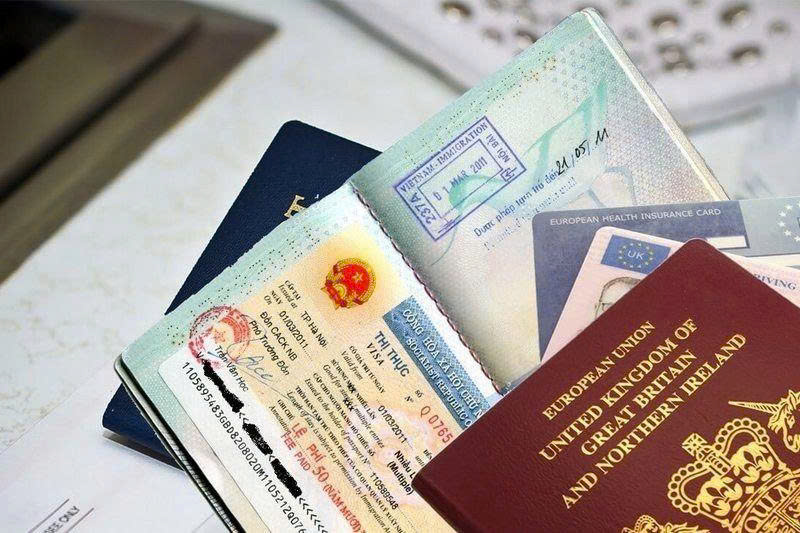
This is the question on every aspiring digital nomad’s mind, and as of until now, the answer remains consistent:
- No Official Digital Nomad Visa (Yet)
- While many countries have introduced specific visas for remote workers, the Vietnamese government has not yet implemented a dedicated “Digital Nomad Visa.”
- This means foreign remote workers cannot simply apply for a visa explicitly designed for their lifestyle.
- Expert Insight: Discussions and proposals for such a visa have been ongoing within relevant Vietnamese ministries, recognizing the economic benefits remote workers bring. However, no concrete legislation has been passed or announced until now.
- Why the Delay?
- Complexities in defining “remote work” from a legal standpoint.
- Prioritizing other tourism and investment policies.
- The evolving nature of international immigration laws.
Best Visa Options for Digital Nomads in Vietnam

Since a dedicated digital nomad visa is not yet available, remote workers in Vietnam typically rely on existing visa categories. It’s crucial to understand the limitations and legalities of each.
1.The E-Visa (Electronic Visa) – Most Common Choice
- Eligibility: Citizens from a wide range of nations can apply. For a comprehensive list, please refer to the Vietnam Immigration Department’s official website: Vietnam portal on Immigration/Vietnam visa – National portal on Immigration
- Duration: Typically grants a single-entry stay of up to 90 days.
- Application Process: Fully online via the official Vietnamese Immigration Portal.
- Required Documents: Passport scan, recent passport-sized photo.
- Limitations:
-
-
- Not designed for long-term residency.
- Extending an E-visa from within Vietnam can be challenging or require exiting and re-entering.
- Important Legal Note: Working directly for a Vietnamese entity or earning income from within Vietnam on an E-visa is technically not permitted. Digital nomads on an E-visa should only derive income from outside Vietnam.
-
2. Business Visa (DN/LV/DT categories) – For Specific Cases

- Eligibility: Requires an invitation or sponsorship from a Vietnamese company or organization.
- Duration: Can be issued for 3 months, 6 months, or even 1 year, often with multiple entries.
- Application Process: Typically arranged by the sponsoring entity through the Department of Immigration in Vietnam.
- Suitability for DNs: Generally not suitable for typical digital nomads who don’t have a direct connection with a Vietnamese company. It’s primarily for those conducting formal business activities.
3. Tourist Visa (Traditional) – Less Recommended for Long Stays
- Application: Obtained through Vietnamese Embassies/Consulates abroad, or via a “Visa on Arrival” approval letter.
- Duration: Often 15-30 days, single or multiple entry.
- Limitations: Very short duration and strict rules against working. Frequent “visa runs” (exiting and re-entering the country) are becoming riskier and less sustainable due to tightening immigration controls.
Navigating the Visa Application Process in 2026: Key Considerations

- Official Sources are Key:
- Always refer to the official Vietnam Immigration Department website or your local Vietnamese Embassy/Consulate for the most accurate and up-to-date requirements. Avoid third-party sites that promise “guaranteed” visas without proper authorization.
- Gather Your Documents:
- Valid passport (at least 6 months validity remaining from your entry date).
- Recent passport-sized photos.
- Proof of onward travel (sometimes requested, but not always mandatory for E-visa).
- Important: Do not declare your intention to work remotely if applying for an E-visa or Tourist visa. State your purpose as tourism or visiting.
- Be Wary of Visa Scams:
- Use only reputable visa agencies if you choose to go that route. Cross-reference their services with official information.
- Be suspicious of deals that seem too good to be true.
RELATED: Digital Nomads Cost of Living in Vietnam: Monthly Budget Guide
Essential Practicalities for Digital Nomads in Vietnam
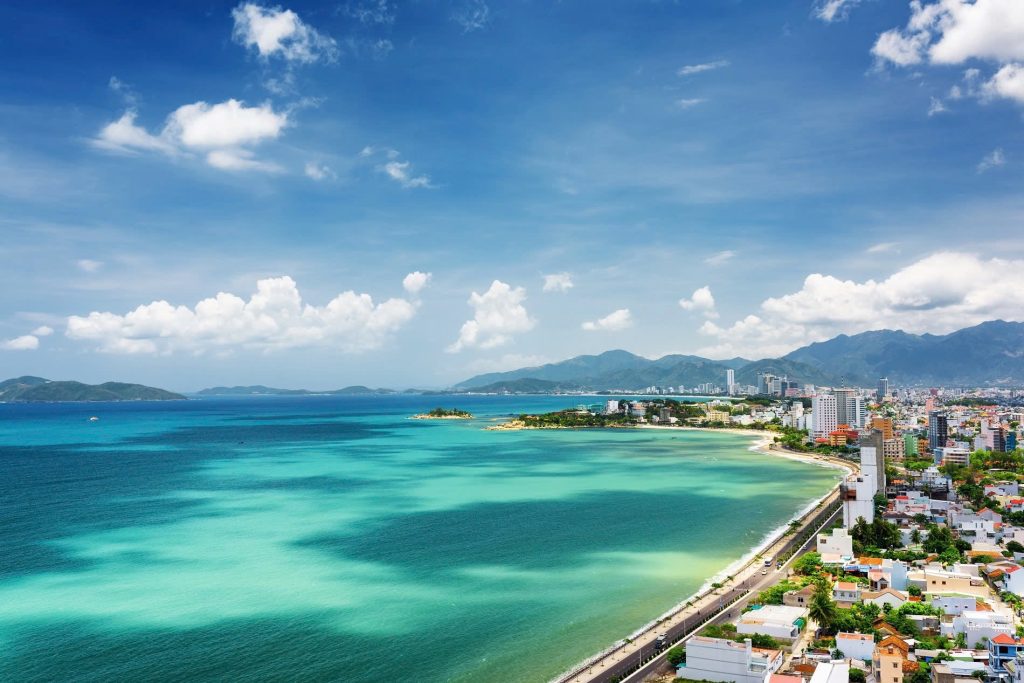
Beyond visas, a successful digital nomad life in Vietnam requires understanding several key aspects:
- Cost of Living & Budgeting
- Accommodation: Expect to pay $300-$700 USD/month for a comfortable apartment in major cities like Da Nang or Hanoi.
- Food: Delicious local meals can be found for $1-$3 USD. Western meals range from $5-$15 USD.
- Transportation: Affordable Grab (ride-hailing) services and local buses. Many nomads opt for renting a scooter.
- Internet Connectivity & Coworking Spaces
- Vietnam offers reliable and fast internet in urban areas.
- Popular coworking spaces include Toong (Hanoi, HCMC), Dreamplex (HCMC), and various local options in Da Nang. These often provide a stable environment and community.
- Healthcare & Travel Insurance

-
- While medical facilities are improving, comprehensive travel insurance is non-negotiable. Ensure it covers medical emergencies, repatriation, and ideally, remote work activities.
- Major cities have international clinics and hospitals if needed.
- Banking & Finance
- Opening a local bank account as a temporary resident can be challenging without a work permit or long-term visa. Many nomads rely on international debit/credit cards or online payment platforms.
- Tax Implications for Remote Workers
- Crucial for 2026: As immigration rules evolve globally, so do tax regulations. If you are physically present in Vietnam for more than 183 days in a calendar year, you may be considered a tax resident of Vietnam, even if your income is sourced from outside.
- Recommendation: Seek advice from a qualified Vietnamese tax consultant to understand your potential tax obligations and ensure compliance. This is a rapidly evolving area.
The Future Outlook: Will Vietnam Embrace Digital Nomads with a Specific Visa?
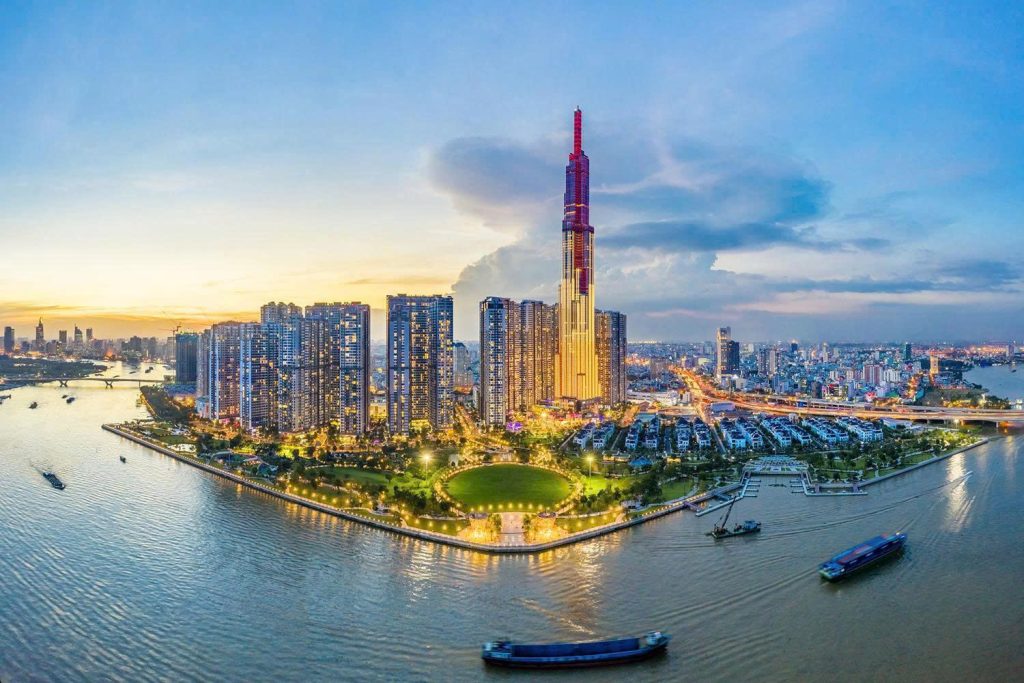
- Growing Global Trend: The rise of remote work is undeniable, and countries worldwide are recognizing the economic benefits of attracting digital nomads – from increased tourism revenue to local spending.
- Vietnam’s Potential: With its low cost of living, vibrant culture, and improving infrastructure, Vietnam is an ideal candidate for a dedicated digital nomad visa.
- Stay Informed: Keep an eye on official announcements from the Vietnamese Ministry of Foreign Affairs and the Immigration Department. Industry associations and digital nomad communities also actively monitor these developments.
RELATED: Ho Chi Minh City vs Hanoi for Digital Nomads: Which City is better for you
While Vietnam does not yet offer a specific digital nomad visa in 2026, it remains an incredibly attractive destination for remote workers. By understanding the available visa options, adhering to immigration regulations, and planning meticulously, you can still experience the magic of living and working in this captivating country.







